SOURCES OF FEEDSTOCK MATERIAL
With its capability to process virtually any carbon-based, solid, the TCOM feedstock range is extensive and can focus on the conversion of low-value or unwanted materials into high-value products usable for a TCOM owner’s existing operations or applicable to the creation or enhancement of revenue streams.
TCOM’s compact size and its ability to use unwanted material and wastes to create energy and fuels avoids the competition for land or even capital resources which similarly purposed technologies may generate. The following are a few of the available feedstock categories suitable for TCOM use.
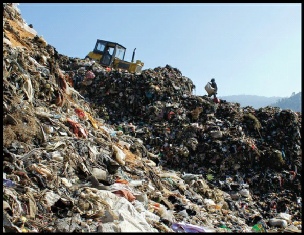
Municipal Solid Waste (MSW)
Over a billion tons per year of solid waste is generated globally. Of this amount, the United States accounts for over 250 million tons per year. In many locations, this raises issues of competition for scarce or valuable land resources. By intercepting and processing a portion of the trash generated every day, municipalities can begin to reduce landfill needs, airborne and surface pollution, and the fouling of our landscapes, rivers and shorelines, and turn an environmental and economic liability into an economic asset.
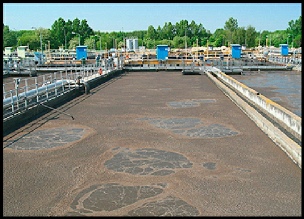
Sewage Sludge
Sewage sludge frequently contains hazardous chemicals or pathogens transmitted through household, commercial, and industrial drains into municipal sewage transmission systems. If not properly treated or disposed of, it presents human and animal health hazards. TCOM can process properly prepared sludge, killing all resident organisms and encapsulating pollutants while creating commercial-grade carbons, fuels, or baseline energy.
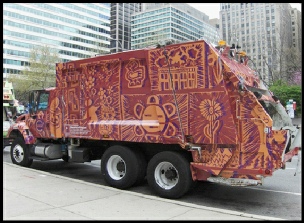
Household and Commercial Waste
Many multi-family residential projects and businesses use private refuse collection companies for their solid waste disposal needs. Most of this waste is deposited in exchange for fee in landfills or refuse collection points. TCOM can convert the organics in these waste streams into usable products. Collection companies choosing to employ TCOM systems can convert current tipping fee costs into operational savings or additional revenue streams.
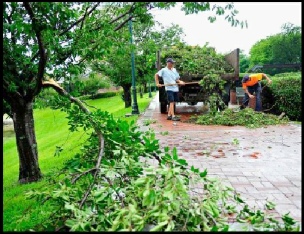
Landscape, Horticultural, Yard & Garden Trimmings
Wastes produced by landscape and grounds keeping services, normally destined for landfills or composting sites, provide biomass feedstock for TCOM processing. As previously cited, processing through TCOM prevents compost-generated greenhouse gas emissions.
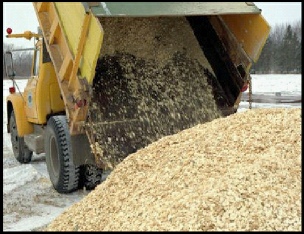
Agricultural Plant and Animal Wastes
Agricultural plant wastes provide excellent biomass feedstock for TCOM systems. TCOM-processed manures will provide excellent biochars for soil amendments. Poultry manure in particular, because of its phosphorous and potassium content, makes excellent soil enhancing amendments.
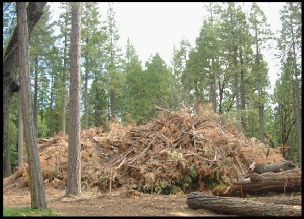
Timber Slash, Forest Management
The transport and disposal of timber slash (wastes) are significant operating expenses for timber operators. Dead trees, such as those killed by insect infestations or other causes, create vast acreages of fire hazard, often in remote areas of forest. Mobile truck-mounted TCOM systems capable of processing 50 – 60 tons of material per 8 hour day can be driven on forest access roads to working sites and moved as needed to convert these stocks into fuels and carbons.
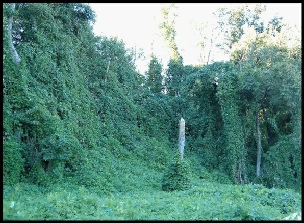
Invasive Species
Invasive species can disrupt resident ecosystems, crowd or overgrow native shrubs and trees, increase fire hazard with the density of their growth, reduce existing ecosystem services, or in certain cases, reduce the economic value of the disrupted area. TCOM systems in mobile or stationary configurations can be used to convert extracted invasive stock into commercial products and produce soil amendments which, in combination with appropriate management practices, can promote ecosystem recovery.
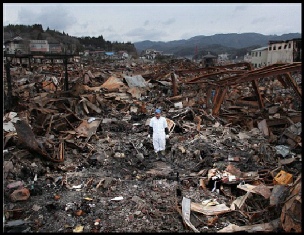
Disaster Debris
Disaster from fire, flood, earthquakes, storms, and tsunami often leave wreckage in their wake which must be quickly removed and disposed of to facilitate rescue and recovery and to avoid outbreaks of disease or other health hazards. TCOM systems can be mobilized and transported where needed to process and remove organic debris swiftly while providing a means for generating baseline power and fuels for recovery vehicles and machinery.
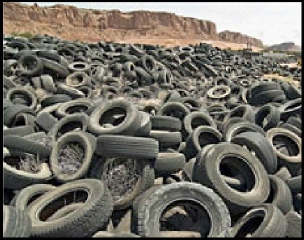
Manufactured Hydrocarbons
We rely heavily on manufactured hydrocarbons. They include manufactured rubber products like tires, seals, and gaskets, and plastics, which make up all or a part of nearly everything we use on a daily basis. There are currently over 265 million stockpiled scrap tires in the United States, with an additional 290 million scrap tires generated each year. In many cases, we don’t have good places to put them so many of us unfortunately put them where we can. Manufactured hydrocarbons provide excellent fuel yields. Think of how much opportunity we have, on our cars, in our homes, and in the landscape!
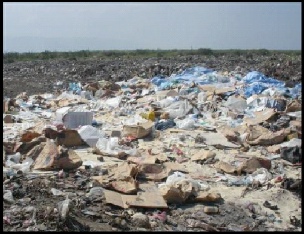
Construction and Biomedical Wastes
Biomedical wastes present personal and public health hazards. Construction debris must be cleared promptly to enable safe and efficient working conditions. Medical wastes are often managed with autoclaves which sterilize contaminated equipment and material. TCOM systems can convert organic biohazardous material and organic construction wastes into products of value. The TCOM process leaves no intact DNA, thus removing pathogens, while producing usable product..
